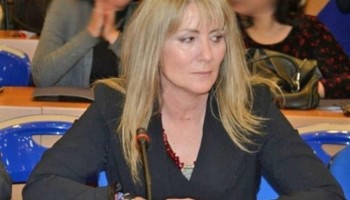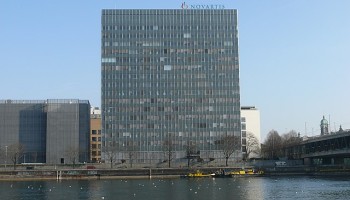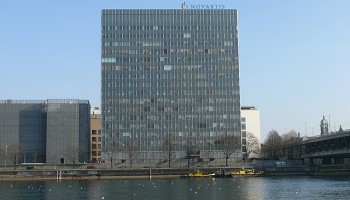A weekly newspaper published Raikou’s letter to Greece’s Supreme Court in which she complained about the lack of "institutional protection" after another newspaper published a negative article about her.
The smearing came at a time "when it was a common secret that we have the first important evidence in our possession, proving without doubt the extensive corruption but also the mechanism through which the above state officials were being bribed," she wrote.
Investigations began last year when media reports alleged that bribes reportedly worth €28 million (US$ 30.4m) were paid by Novartis from a Swiss bank account to local "functionaries" - doctors and public officials - in order to boost prescriptions and sales.
The company allegedly also paid mass media to criticize politicians whose decisions were not in the their favor.
Last summer two whistle-blowers - executives who had worked for Novartis since 2008 – were questioned by the U.S. Securities and Exchange Commission and handed over documents showing more than 4,000 payments to doctors, mostly working in the public sector or in the health insurance system.
In January, Greek authorities raided Novartis’ local offices after one of its executive managers, who had been questioned by police, threatened to commit suicide on New Year’s Day at Hilton Hotel Athens.
This is the fourth set of bribery allegations against the pharmaceutical company to go public in the past year. In March 2016, a whistle-blower accused Novartis of paying US$ 85 million worth of bribes for business advantages, while in August, six of its South Korean executives were indicted on charges of offering doctors US$ 2.6 million in illegal rebates.
In 2015, the company paid US$ 25 million to the U.S. Securities and Exchange Commission to settle bribery charges in China in which doctors were provided with lavish entertainment, including a junket to Chicago and the Niagara Falls and covering expenses at strip clubs.






